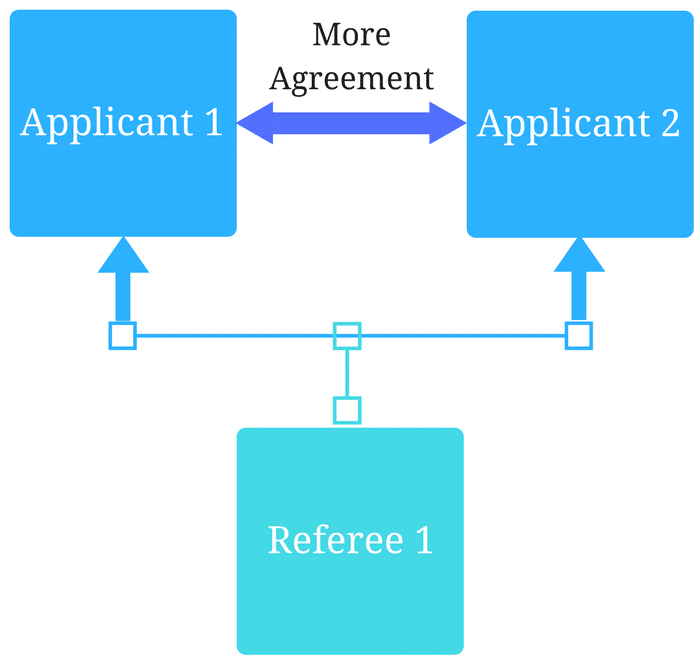6 Questions to Ask Before You Choose a MedEd Software Vendor

July 31, 2025
Why Support Is the Difference Between Features and Outcomes
When medical schools and health professions programs evaluate new software for curriculum management, scheduling, assessment, or accreditation tracking, the natural first question is:
“What features does it have?”
That’s important, but focusing only on features can lead to stalled implementations, frustrated users, and missed accreditation opportunities.
The real difference between a smooth, successful MedEd software implementation and a frustrating, stalled rollout often comes down to vendor support.
Why?
Because medical education program management isn’t just complex, it’s specialized. And no matter how robust the platform, your team will need expert partnership to navigate implementation, training, and continuous improvement.
This post outlines why support and service matter just as much as the software itself and provides a checklist of questions to ask any vendor before you sign.
Why Implementing MedEd Software Is Different
Many enterprise software vendors treat implementation as a technical handoff: configure the system, run a few webinars, and let the customer figure out the rest.
That model doesn’t work in medical education.
Every medical school is different. Curricular models, assessment philosophies, scheduling strategies, and accreditation contexts vary widely across institutions. A successful implementation requires more than system setup—it requires understanding how your program works and what outcomes it prioritizes.
Add to that the inherent challenges of the MedEd environment:
- High-stakes accreditation requirements. Schools must track learning objectives, map competencies, and generate evidence for LCME, CACMS, COCA, or ACGME standards.
- Varied stakeholder groups. Faculty, administrators, students, and clinical educators all interact with the system differently. Implementation must accommodate their unique needs and workflows.
- Unusually complex scheduling. Clinical rotations, electives, longitudinal placements, and faculty constraints require flexibility that generic scheduling tools can’t provide.
- Fragmented tech ecosystems. Most programs use a mix of LMSs, exam platforms, SISs, and evaluation tools. Integrations aren’t a luxury—they’re essential.
Without tailored support that accounts for your institution’s structure and goals, even the best software can create more administrative burden, not less.
Beyond Features: What to Look for in a MedEd Software Partner
Here are six factors to evaluate when choosing your next platform and why support should be part of the product conversation, not a post-sale afterthought.
1. Proactive Support, Not Just Reactive Helpdesks
Most vendors provide support when things break. But in MedEd, the real value comes from preventing problems before they happen.
Look for:
- Guided walkthroughs for common tasks
- System reviews to identify underutilized features
- Recommendations for workflow optimizations over time
2. Expertise in Medical Education Operations
Ask who will be supporting your team. Are they generalist customer service reps—or experts who understand MedEd operations?
Ideally, your vendor’s team should include:
- Former curriculum coordinators or MedEd admins
- Specialists who understand accreditation cycles
- People who have managed the same processes you’re digitizing
3. Fast, Reliable Response Times
Medical education doesn’t stop when a ticket is open.
Choose a partner who provides:
- Same-day response for critical issues
- Dedicated support contacts familiar with your program
- Clear escalation paths for urgent needs
4. A Feedback Loop That Drives Product Improvement
Look for vendors who treat support interactions as product improvement opportunities, not just service tickets.
Ask:
- How do you incorporate client feedback into your roadmap?
- Will we have regular business reviews to discuss needs?
- Can we suggest features or report challenges directly to product teams?
5. Implementation That Prioritizes Change Management
Software alone doesn’t drive adoption, but change management does.
Ask potential partners:
- Will we have a dedicated Customer Enablement Manager?
- How do you structure training for a variety of user groups?
- Do you provide progress tracking during onboarding?
6. Ongoing Partnership, Not Just Go-Live Support
The real work starts after launch. Choose a vendor that stays engaged as your needs evolve.
Look for:
- Regular check-ins post-implementation
- Strategy sessions before major accreditation milestones
- Support for new feature adoption as your program grows
If you’re wondering what that kind of support actually looks like, here’s how One45 by Acuity Insights is designed to deliver.
One45 by Acuity Insights: Support Built for MedEd
At Acuity Insights, we’ve designed One45’s support model specifically for medical education leaders. Our team isn’t just here to answer tickets—we’re here to help you run your program more effectively.
That means:
- MedEd-knowledgable support staff, not generalist reps
- Dedicated customer enablement managers for onboarding
- Proactive guidance for curriculum mapping, assessment workflows, and accreditation reporting
- Client feedback loops that directly inform product updates
- Lightning-fast response times to keep your operations moving
Final Takeaway: Choose a Partner, Not Just a Platform
MedEd software decisions carry long-term implications for accreditation readiness, learner outcomes, and administrative efficiency. Choosing the right platform matters, but choosing the right partner determines whether those features translate into results.
At One45 by Acuity Insights, that’s the partnership we’re committed to providing.
Curious how One45 approaches implementation and support? Schedule a walkthrough with our MedEd success team.
Related Articles

How interviews could be misleading your admissions...
Most schools consider the interview an important portion of their admissions process, hence a considerable…
Reference letters in academic admissions: useful o...
Because of the lack of innovation, there are often few opportunities to examine current legacy…
